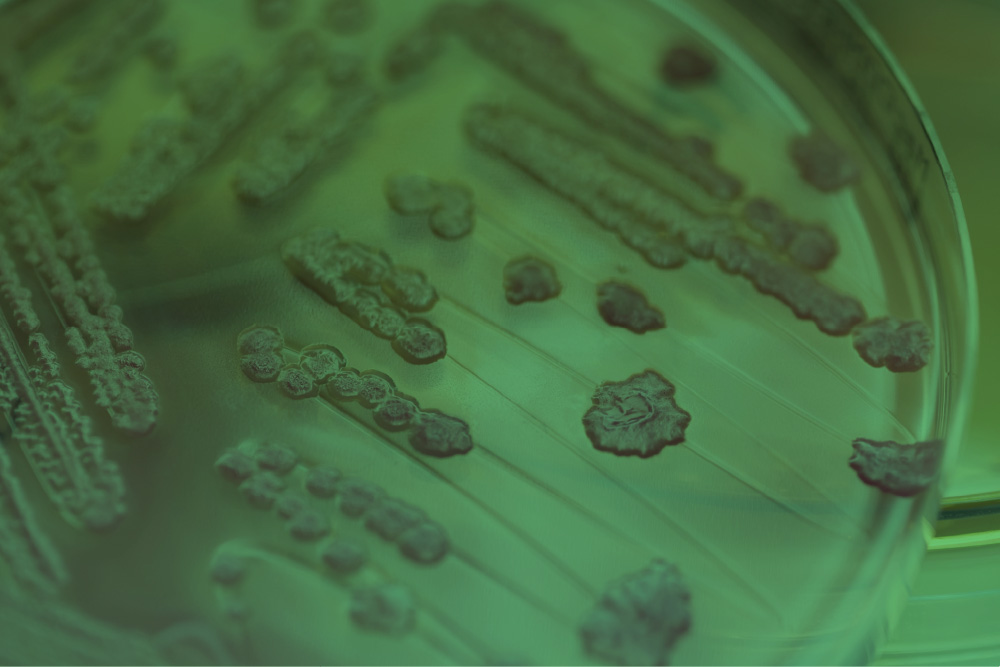British couple killed by E. coli in Egypt hotel – BBC News

E. coli ’caused Egypt hotel couple’s deaths’
E. coli caused the deaths of a British couple who died after falling ill at a holiday resort in Egypt, the country’s authorities have said.
John Cooper, 69, and his wife Susan, 63, from Burnley, died in the Red Sea city of Hurghada on 21 August.
In an official statement, the Egyptian general prosecutor said post-mortem examinations showed E. coli bacteria was a factor in both deaths.
But the couple’s daughter described the findings as “absolute rubbish”.
Kelly Ormerod, who was at the Steigenberger Aqua Magic hotel with her parents, told the BBC she did not believe the symptoms her parents showed were consistent with E. coli infection.
She added further post-mortem examinations of her parents’ bodies would be carried out in the UK, on direction from the Home Office.
According to the Egyptian general prosecutor’s statement, tests showed Mr Cooper suffered acute intestinal dysentery caused by E. coli, and Mrs Cooper suffered a complication linked to infection, likely to have been caused by E. coli.
He also said drinking water samples taken from the hotel were clear of any harmful bacteria and the bodies showed “no criminal violence”.
How dangerous is E. coli?
By Philippa Roxby, BBC Health reporter
Any strain of E. coli capable of causing the couple’s deaths so quickly would have been very toxic.
E. coli is a type of bacteria present in the gut of humans and animals.
Most strains are harmless – but some can cause cramps and diarrhoea, and others severe illness if damaging toxins are produced.
Prof Brendan Wren, from the London School of Hygiene & Tropical Medicine, says they were “very unlucky because these strains are very rare”.
But E. coli has killed before, often after people have consumed contaminated food, such as meat, bean sprouts or salad leaves.
In these rare cases, the effects can be particularly nasty and the toxins can have an immediate effect.
The internal organs, like the liver and kidneys, are affected and simply start to shut down.
Travel firm Thomas Cook said it noted the statement from the prosecutor and said it would continue to support the Coopers’ daughter and the rest of their family.
“We have not yet seen the full report and we will need time for our own experts to review it,” a spokesman said.
Dr Rania Al-Mashat, Egypt’s minister of tourism, said the health and safety of tourists to Egypt was “paramount”.
“We will review the Attorney General’s autopsy reports in fine detail to determine our next course of action to look after the welfare of our visitors,” she said.
Earlier, a report in The Times claimed that the room in the hotel next door to the one the couple shared had been fumigated.
But the head of the firm that carried out the work, Namaa Services, denied any wrongdoing and said it used authorised concentrations of chemicals.
The Egyptian prosecutor’s report, issued on Wednesday, also said the smell in the couple’s room, which had been mentioned by Ms Ormerod, was that of an insecticide used in an adjacent room.
It said the chemical was non-toxic and there were no traces of it discovered in samples taken from Mr and Mrs Cooper’s bodies.
Last week, hygiene tests at the Steigenberger Aqua Magic found high levels of E. coli.
Thomas Cook said at the time the independent experts it had commissioned to carry out the tests did not believe the results “shed any light” on the cause of death.
Mr Cooper died in his room, while Mrs Cooper, a Thomas Cook employee, died after being taken to hospital.
